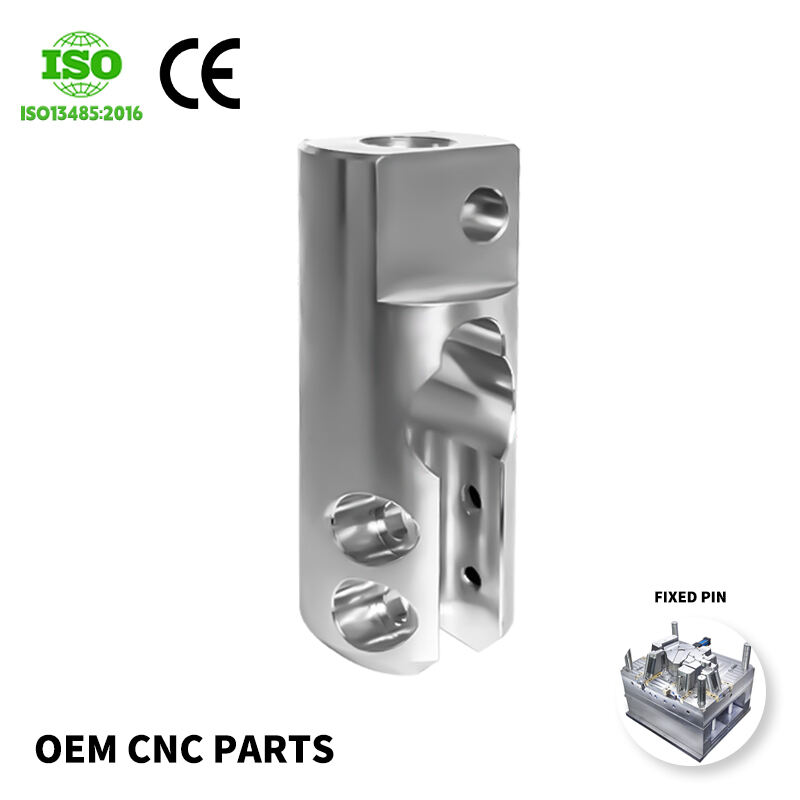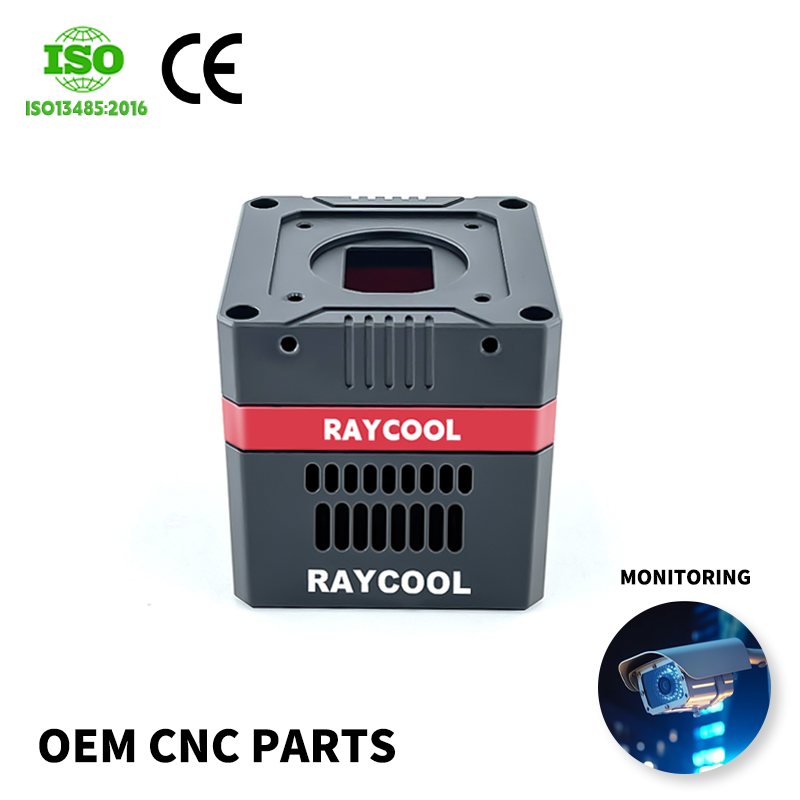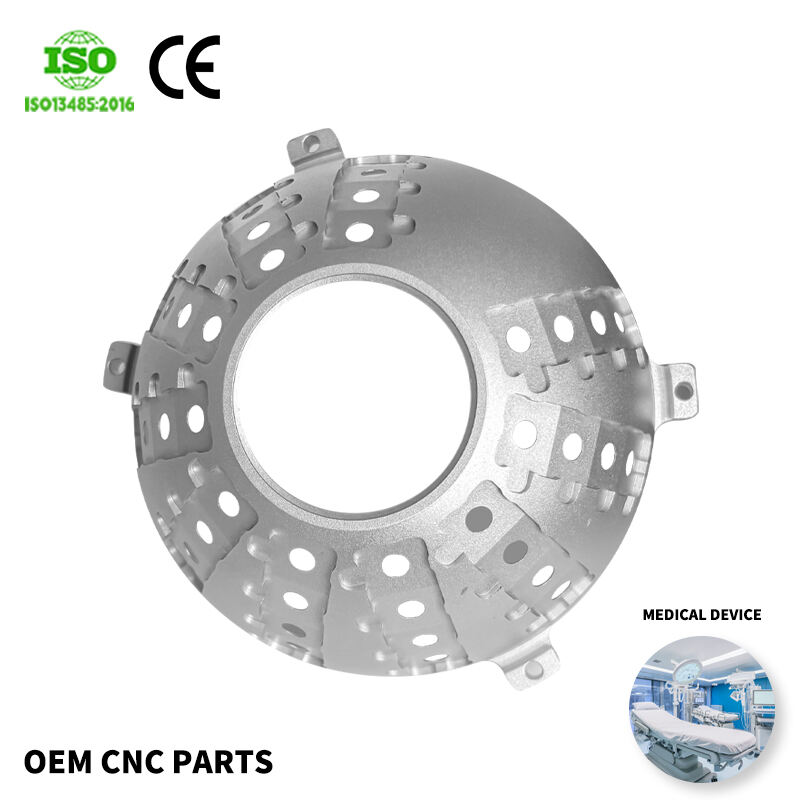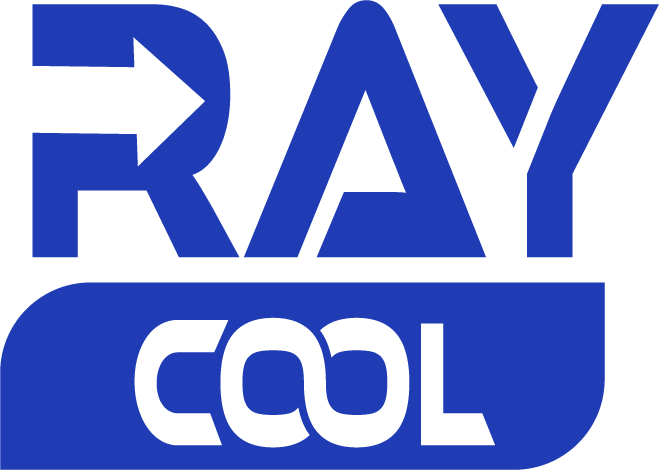cnc milling parts factory
A CNC milling parts factory represents a cutting-edge manufacturing facility that specializes in producing precision components through computer numerical control technology. These facilities combine advanced machinery, skilled workforce, and automated processes to create complex parts with exceptional accuracy. The factory typically houses multiple CNC milling centers capable of performing various operations including face milling, end milling, and profile milling. State-of-the-art CAD/CAM software systems enable the translation of digital designs into precise machining instructions, ensuring consistent quality across production runs. The facility's capabilities extend to handling diverse materials, from aluminum and steel to specialized alloys and plastics, with tolerances often reaching micrometers. Modern CNC milling factories incorporate quality control stations equipped with coordinate measuring machines (CMM) and other inspection tools to verify dimensional accuracy. The production environment is carefully controlled for temperature and humidity to maintain optimal machining conditions. These factories often operate 24/7, utilizing automated material handling systems and tool changers to maximize efficiency and reduce downtime. The integration of Industry 4.0 principles allows for real-time monitoring of machine performance, predictive maintenance, and production tracking, ensuring optimal operational efficiency.



